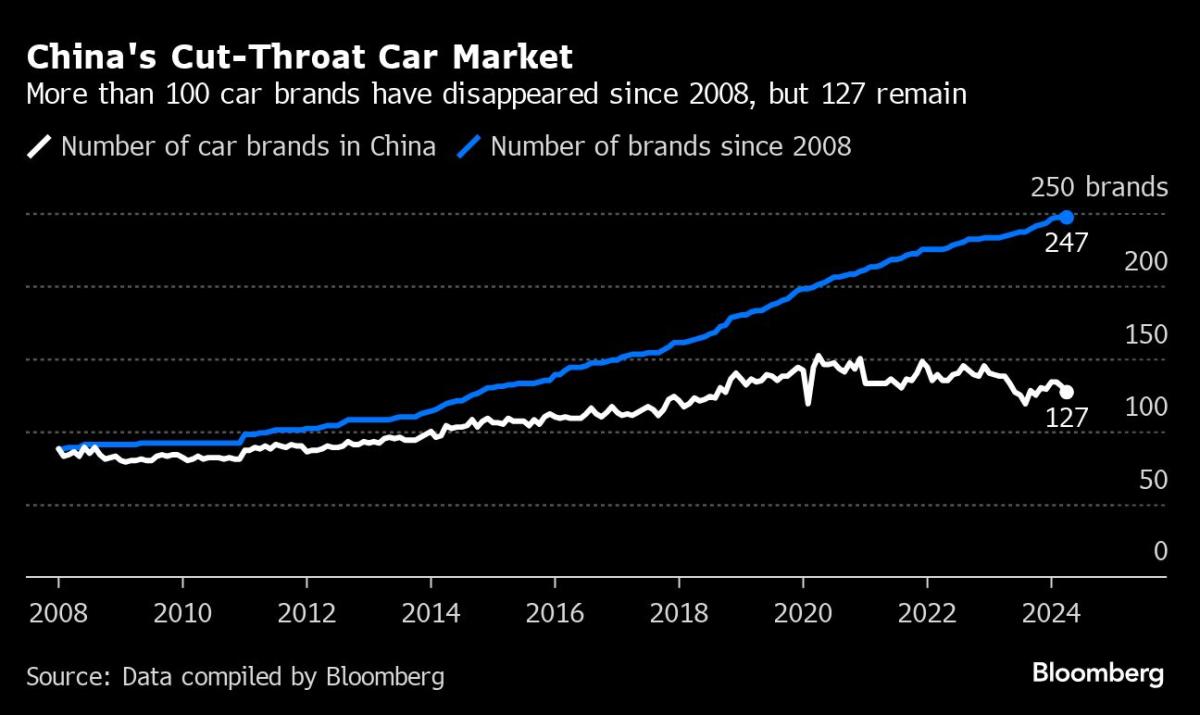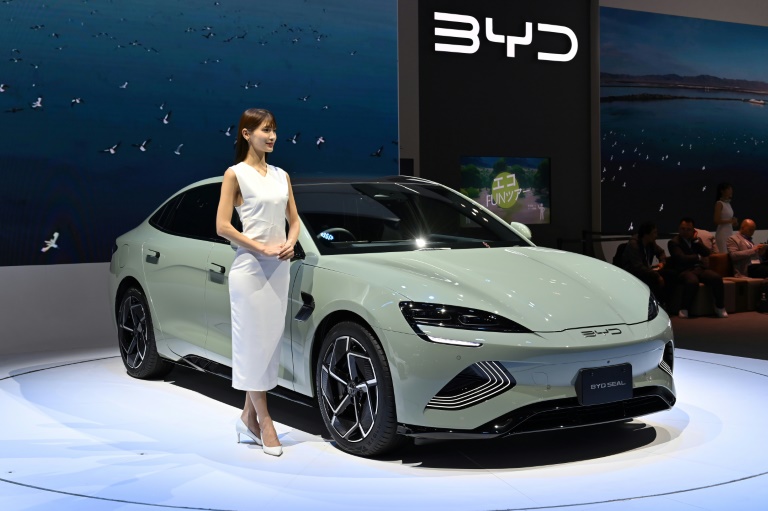(Bloomberg) — China’s electrical car market got a minimum of $231 billion in federal government aids and help from 2009 through to the end of in 2015, even as the quantity of assistance per car has actually decreased, according to a brand-new research study.
The Majority Of Check Out from Bloomberg
A Little over half the overall quantity of assistance remained in the kind of sales tax exemptions, according to the research study from Scott Kennedy, a China expert at the Center for Strategic and International Researches. The rest is comprised of nationally authorized purchaser refunds, federal government financing for facilities such as charging stations, federal government procurement of EVs along with R&D assistance programs, he composed in an article.
The findings come simply after the European Union revealed it will trek tariffs to as high as 48% on lorries imported from China to make up for aids. That followed the choice by the United States to quadruple tariffs on the automobiles, while Canada is now preparing possible brand-new tariffs, according to a Bloomberg report.
“Chinese EV’s have actually taken advantage of enormous commercial policy assistance, and their quality is enhancing, making them appealing to domestic and abroad customers,” Kennedy composed. “An efficient reaction by the United States, Europe and others should appraise both realities.”
He explained the information as “extremely conservative,” keeping in mind that it doesn’t consist of local-level refund programs in cities like Shanghai and Shenzhen developed to motivate owners of standard automobiles to change to EVs. It likewise doesn’t consist of affordable land, electrical energy, and credit that some EV producers can access and take advantage of, and leaves out assistance for battery business and other parts of the supply chain.
On a per-vehicle basis, assistance has actually fallen from $13,860 in 2018 to simply under $4,600 in 2023, or less than the $7,500 credit readily available to United States purchasers of certifying lorries under the Inflation Decrease Act, according to the post. Sales-tax exemptions deserved nearly $40 billion in 2015, with this leaping from under $10 billion in 2020 due to the fast boost in sales of EVs.
“If Chinese EVs were pieces of scrap, then they would not be a major obstacle to the remainder of the world’s car manufacturers,” Kennedy composed. “In basic, Western car manufacturers and federal governments have actually dilly dallied and not been aggressive enough.”
The Majority Of Check Out from Bloomberg Businessweek
©2024 Bloomberg L.P.


